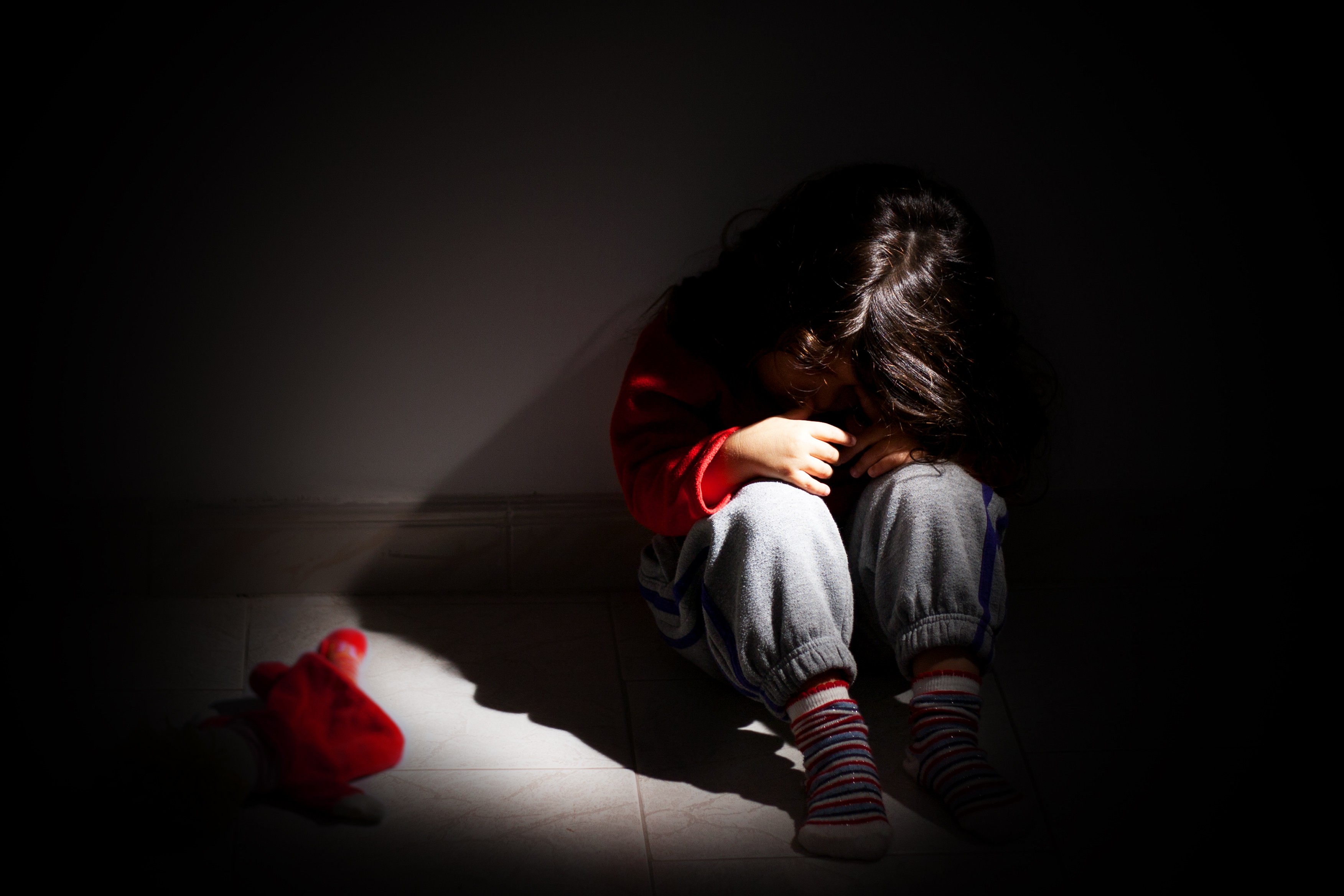Content warning: References to childhood abuse
Late last year we saw two seemingly unrelated events; the apology by Prime Minister Scott Morrison to survivors of institutional child sex abuse and the decision to bring children in detention from Nauru to Australia for medical and mental health treatment. Regardless of where your political beliefs lie, there is no denying that as a society we are getting better at recognizing and acknowledging childhood trauma and understanding that what we experience as children has long reaching effects well into adulthood. As Bessel van der Kolk, psychiatrist and researcher in PTSD and developmental trauma, says, “trauma is actually not the story of what happened a long time ago; trauma is residue that’s living inside of you now; trauma lives inside of you in horrible sensations, panic, reactions, uptightness, explosions, and impulses” (source: http://stillharbor.org/anchormagazine/2015/11/18/trauma-in-the-body).
Historically, we have tended to be ignorant of the effects of childhood trauma. In fact, we have only started talking openly about child abuse very recently. We now know, however, that what we experience from birth contributes to our beliefs and understanding of ourselves, others, and our relationships and how we deal with uncomfortable thoughts and feelings, and that the experience of childhood trauma distorts our capacity to see others as safe and reliable and ourselves as loveable and worthy of having our needs met. We can see this change in our understanding of the significance of childhood experiences reflected in parenting changes over the past few generations. You might have noticed that in some ways, the way you parent is quite different from the way you were parented, or the way your parents were parented (and in other ways all too similar, but that's a different article).
I see many people drawn to therapy because they want to understand the effects of their childhood experiences on their current thoughts, feelings, and behaviours, (whether they experienced trauma or not). There is something empowering about knowing where our thoughts, feelings, and behaviours come from and being able to feel compassion for our childhood selves while making a choice as adults to do something different.
So while the apology and the decision to bring children to Australia for treatment might seem unrelated, I think they represent a huge shift in our ability to see children’s experiences as important and to care for our children in ways that communicate this, and while we still have a way to go, we can be proud of ourselves for this.
If reading this has brought up any difficult reactions for you, please consider contacting Lifeline on 13 11 14.

We've tailored the services at RWA Pyschology - Family Matters to all age groups from young children to adolescents and adults - and we have specialists in crisis, short/medium term counselling and longer term psychotherapy.
Call RWA psychology for an appointment with one of our psychologists.
